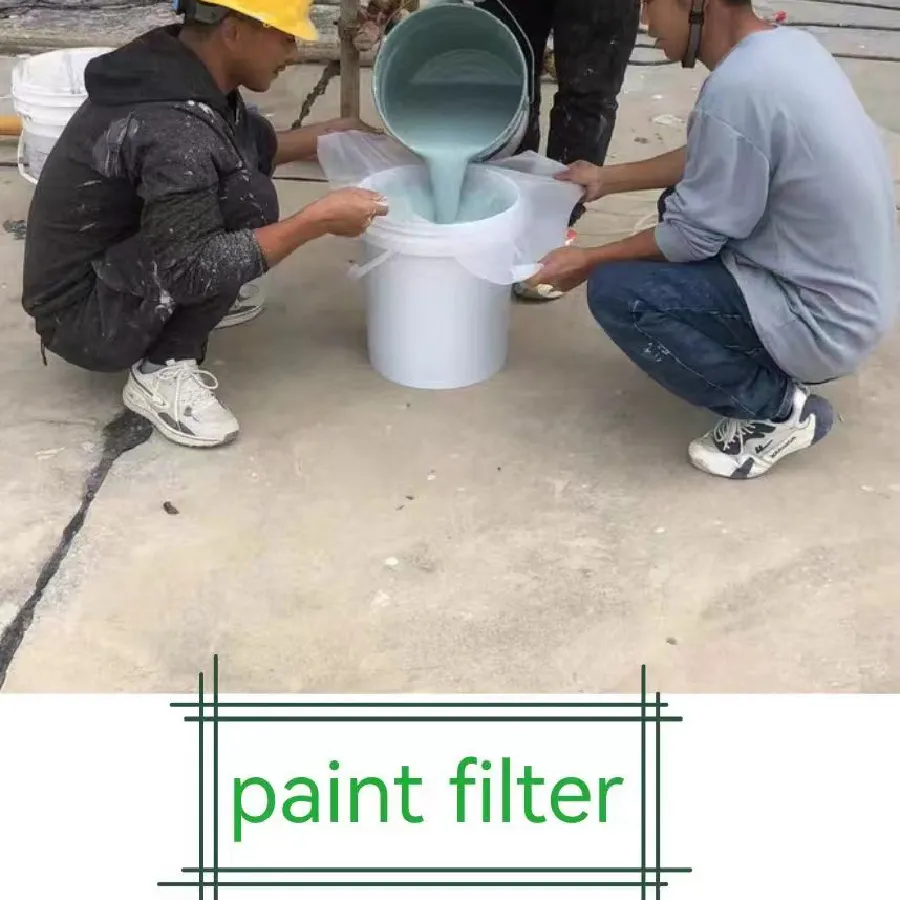-
 Afrikaans
Afrikaans -
 Albanian
Albanian -
 Amharic
Amharic -
 Arabic
Arabic -
 Armenian
Armenian -
 Azerbaijani
Azerbaijani -
 Basque
Basque -
 Belarusian
Belarusian -
 Bengali
Bengali -
 Bosnian
Bosnian -
 Bulgarian
Bulgarian -
 Catalan
Catalan -
 Cebuano
Cebuano -
 China
China -
 Corsican
Corsican -
 Croatian
Croatian -
 Czech
Czech -
 Danish
Danish -
 Dutch
Dutch -
 English
English -
 Esperanto
Esperanto -
 Estonian
Estonian -
 Finnish
Finnish -
 French
French -
 Frisian
Frisian -
 Galician
Galician -
 Georgian
Georgian -
 German
German -
 Greek
Greek -
 Gujarati
Gujarati -
 Haitian Creole
Haitian Creole -
 hausa
hausa -
 hawaiian
hawaiian -
 Hebrew
Hebrew -
 Hindi
Hindi -
 Miao
Miao -
 Hungarian
Hungarian -
 Icelandic
Icelandic -
 igbo
igbo -
 Indonesian
Indonesian -
 irish
irish -
 Italian
Italian -
 Japanese
Japanese -
 Javanese
Javanese -
 Kannada
Kannada -
 kazakh
kazakh -
 Khmer
Khmer -
 Rwandese
Rwandese -
 Korean
Korean -
 Kurdish
Kurdish -
 Kyrgyz
Kyrgyz -
 Lao
Lao -
 Latin
Latin -
 Latvian
Latvian -
 Lithuanian
Lithuanian -
 Luxembourgish
Luxembourgish -
 Macedonian
Macedonian -
 Malgashi
Malgashi -
 Malay
Malay -
 Malayalam
Malayalam -
 Maltese
Maltese -
 Maori
Maori -
 Marathi
Marathi -
 Mongolian
Mongolian -
 Myanmar
Myanmar -
 Nepali
Nepali -
 Norwegian
Norwegian -
 Norwegian
Norwegian -
 Occitan
Occitan -
 Pashto
Pashto -
 Persian
Persian -
 Polish
Polish -
 Portuguese
Portuguese -
 Punjabi
Punjabi -
 Romanian
Romanian -
 Russian
Russian -
 Samoan
Samoan -
 Scottish Gaelic
Scottish Gaelic -
 Serbian
Serbian -
 Sesotho
Sesotho -
 Shona
Shona -
 Sindhi
Sindhi -
 Sinhala
Sinhala -
 Slovak
Slovak -
 Slovenian
Slovenian -
 Somali
Somali -
 Spanish
Spanish -
 Sundanese
Sundanese -
 Swahili
Swahili -
 Swedish
Swedish -
 Tagalog
Tagalog -
 Tajik
Tajik -
 Tamil
Tamil -
 Tatar
Tatar -
 Telugu
Telugu -
 Thai
Thai -
 Turkish
Turkish -
 Turkmen
Turkmen -
 Ukrainian
Ukrainian -
 Urdu
Urdu -
 Uighur
Uighur -
 Uzbek
Uzbek -
 Vietnamese
Vietnamese -
 Welsh
Welsh -
 Bantu
Bantu -
 Yiddish
Yiddish -
 Yoruba
Yoruba -
 Zulu
Zulu
High-Quality Fine Nylon Mesh Netting for Versatile Applications and Enhanced Durability in Various Projects
The Versatility of Fine Nylon Mesh Netting
Fine nylon mesh netting is a highly versatile material, known for its durability, flexibility, and a wide range of applications across various industries. Its lightweight structure makes it an ideal choice for projects requiring both strength and permeability, enabling air and moisture to pass through while providing support and protection. In this article, we will explore the features, benefits, and diverse uses of fine nylon mesh netting.
Composition and Characteristics
Fine nylon mesh is manufactured from high-quality nylon fibers, which lend the material its strength and resilience. This netting typically comes in various mesh sizes, characterized by the number of openings per inch or its micron rating, allowing users to select the most suitable option based on their specific needs. The fine mesh design creates an intricate network of interwoven fibers, enhancing its ability to filter particles while maintaining optimal airflow.
One of the most notable characteristics of fine nylon mesh netting is its resistance to chemicals and UV degradation. This attribute ensures that the netting remains intact and functional even when exposed to harsh environments and prolonged sunlight. Furthermore, nylon is known for its flexibility and ability to stretch without breaking, making it ideal for applications that require adaptability.
Benefits of Fine Nylon Mesh Netting
The use of fine nylon mesh netting comes with numerous benefits. Firstly, its lightweight nature makes it easy to handle, transport, and install. Unlike heavier alternatives, fine nylon mesh can be cut and shaped with minimal effort. Additionally, its breathable properties make it suitable for various applications, as it permits air circulation while protecting from external elements.
Moreover, this type of netting is cost-effective. Its longevity and durability mean that it doesn’t need to be replaced frequently, resulting in savings on both material costs and labor. The versatility of fine nylon mesh allows it to serve multiple purposes across different sectors, adding to its appeal.
fine nylon mesh netting

Applications of Fine Nylon Mesh Netting
Fine nylon mesh netting finds applications in a plethora of industries. In agriculture, it is commonly used as protective coverings for plants, preventing pests from causing damage while allowing sunlight and rain to reach the crops. Additionally, it can be utilized in fruit harvesting, where it acts as a soft protective layer during transport.
In the construction sector, fine nylon mesh netting is often found in scaffolding, where it serves as a safety measure to catch debris or tools that may fall from heights. It is also used in the creation of barrier systems to prevent unauthorized access to certain areas.
Another prominent application is in the water filtration industry. Fine nylon mesh is employed in the manufacturing of screens and filters, where its porous structure effectively traps contaminants and ensures clean water flow. This quality makes it vital for aquariums, water treatment facilities, and even swimming pools.
Fine nylon mesh netting is also prevalent in the fashion industry, where it is utilized in making garments and accessories. Its lightweight feel and breathable properties make it a popular choice for summer clothing and activewear.
Conclusion
In summary, fine nylon mesh netting is a remarkable material that combines strength, flexibility, and adaptability, making it suitable for a wide range of applications. Its distinctive characteristics, including resistance to environmental factors and lightweight nature, enhance its usability across various industries, from agriculture to construction and beyond. Whether you’re looking to protect your plants from pests, create safety measures in construction, or filter water efficiently, fine nylon mesh netting proves to be an invaluable asset. Its versatility will undoubtedly continue to drive innovation and solutions across numerous fields.
-
Shipping Plastic Bags for Every NeedNewsJul.24,2025
-
Safety Netting: Your Shield in ConstructionNewsJul.24,2025
-
Plastic Mesh Netting for Everyday UseNewsJul.24,2025
-
Nylon Netting for Every UseNewsJul.24,2025
-
Mesh Breeder Box for Fish TanksNewsJul.24,2025
-
Expanded Steel Mesh Offers Durable VersatilityNewsJul.24,2025











